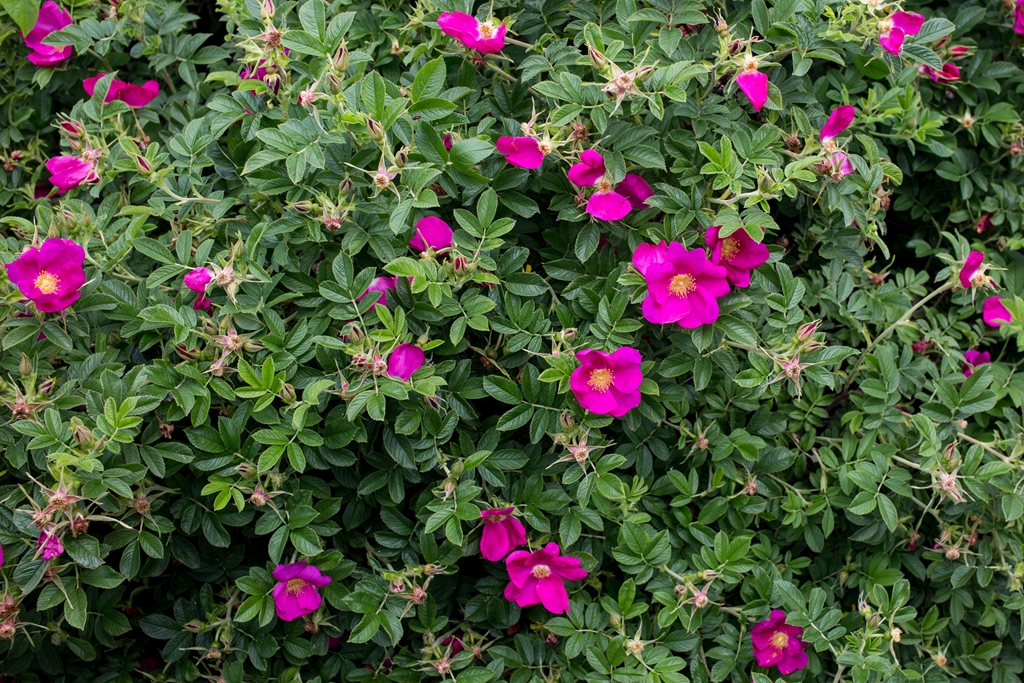Ewa
Behrens
Nowakowska
Faculty of Management of Visual Culture
Born 1990. Studies: Faculty of Media Art of the Polish-Japanese Academy of Information Technology in Warsaw (bachelor’s degree, 2010–2017), Institute of Landscape Architecture of the Cracow University of Technology (postgraduate, 2017–2018), Faculty of Management of Visual Culture of the Academy of Fine Arts in Warsaw (2014–2021). Fields of artistic activity: history of art, photography, calligraphy. She received a scholarship of the Marshal of the Podlaskie Province for the draft of a photographic book The greenery of Białystok (2018). She works in the Museum of King John III’s Palace at Wilanów.
A symbol in a mirror. The symbolic and commercial circulation of the rose in modern culture
Supervisor:
Dr Katarzyna Kasia
Self-reflection
The evolution of the animate world reflects changes occurring in nature. Apart from stimuli caused by natural processes, human preferences also change the character of vegetation. Roses, plants of civilisation, their form and history can be considered to reflect the evolution of human needs and tastes. Today, in the Anthropocene era, it becomes clear that wildness and biodiversity require protection. In order to understand the roots of today’s culture, we must also take special care of species created as a result of human actions. This refers both to taking care of representatives of the species and to research and education regarding the cultural role of plants. If gardens are a mirror of culture, then by looking at the rose and its symbolism, we can see the image of the contemporary social condition as in a mirror.
